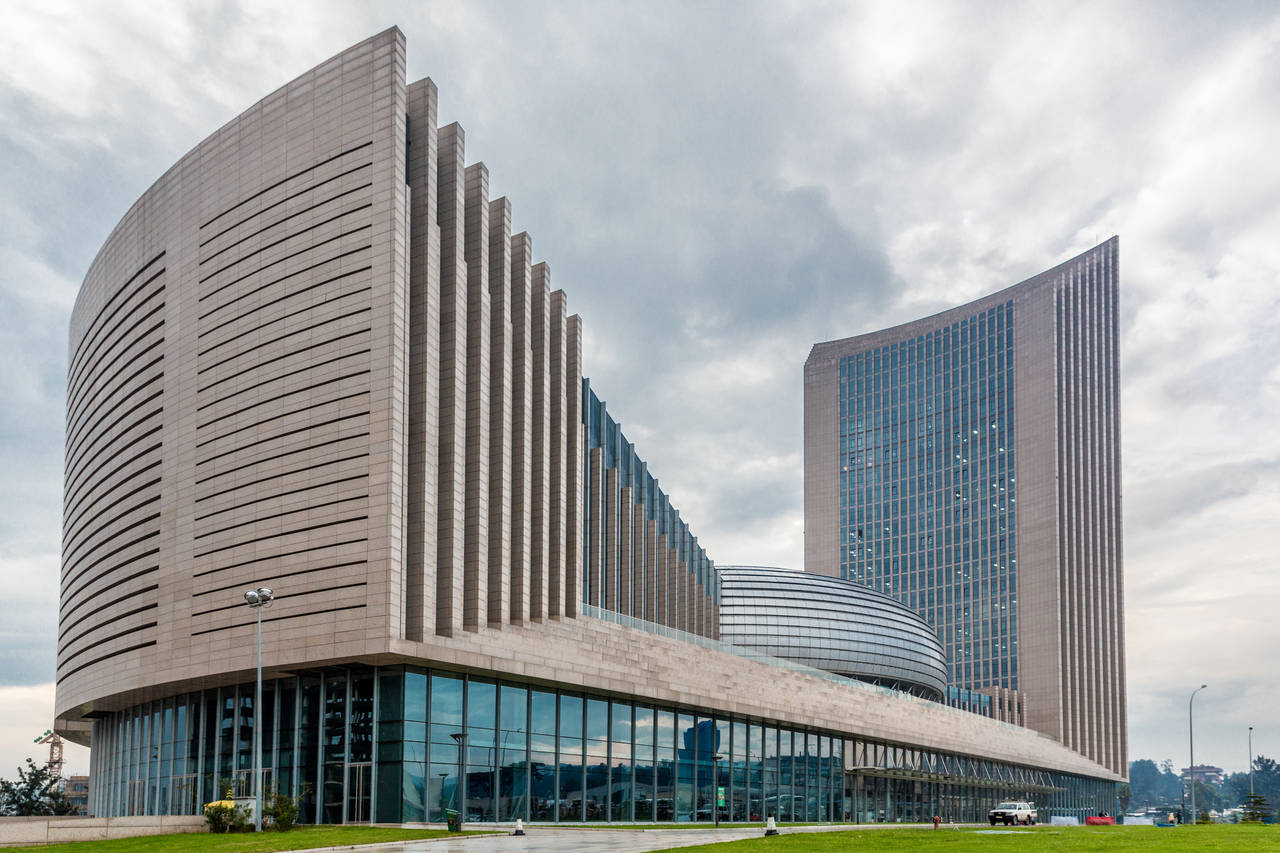Togo Adopts New Tack to Combat Corruption

Bribery and corruption are notoriously hard to eradicate. Togo, one of many countries in sub-Saharan Africa blighted by corruption, has launched an all-out campaign to rid the country of corruption once and for all.
Introducing this initiative on 13 September 2018, Togo’s prime minister described it as a consciousness-raising effort designed to bring about a change of behaviour and mindset. The campaign is organised by the country’s anti-corruption authority HAPLUCIA (Haute autorité de prévention et lutte contre la corruption et les infractions assimilées) and will be conducted through workshops. The aim is to show that corruption is everybody’s business and that only concerted efforts throughout society will stamp it out. According to Transparency International’s Corruption Perceptions Index 2017, Togo scores 32 on a scale of 0 (highly corrupt) to 100 (very clean), which places it in 117th position out of 180 countries.
One of the reasons why corruption is so difficult to remove is that it is deeply ingrained and highly resistant. It affects all areas of society. In the public sector, the police and the judiciary are often cited as hotbeds of corruption, but it also extends to utilities, schools and hospitals, where bribes are common, exacerbating the poverty in which nearly half of the African population lives. However, corruption equally affects the private sector. Besides diverting wealth, it distorts market forces and business practices. Moreover, countries seen as corrupt are shunned by investors, which only furthers their economic decline.
The need to combat corruption has long been recognized internationally. The United Nations Convention against Corruption, which entered into force on 14 December 2005 and to which 186 states are now party, requires states to implement anti-corruption policies, create domestic authorities to oversee the fight against corruption, and to adopt measures to promote transparent and honest conduct and to criminalise corrupt practices. To help ensure its effectiveness, the convention establishes a system for monitoring its implementation, which is overseen by the Conference of States Parties and supported by the United Nations Office on Drugs and Crime (UNODC). UNODC publishes country profiles on the parties to the convention, where information can be found on national laws and authorities relevant to the fight against corruption.
At regional level, the African Union Convention on Preventing and Combating Corruption, which entered into force on 5 August 2006 and has now been ratified by forty African states, covers similar ground though with a focus on Africa. Its stated purpose is to “[p]romote and strengthen the development in Africa by each State Party, of mechanisms required to prevent, detect, punish and eradicate corruption and related offences in the public and private sectors”. The convention places the fight against corruption within the context of upholding democratic principles, the rule of law, human rights and social justice. Like the UN convention, it also establishes a body to help ensure that its aims are fulfilled. Known as the Advisory Board on Corruption, this body is tasked with promoting anti-corruption initiatives, analysing and documenting the extent of corruption in Africa, advising governments on anti-corruption strategies, and encouraging coordination and cooperation in the fight against corruption across society and across the continent. Of particular interest to investors, its functions also include gathering information on the conduct of multinationals in Africa and reporting thereon to national anti-corruption authorities.

Of more limited scope, the 2001 Protocol on the Fight Against Corruption of the Economic Community of West African States pursues a similar purpose, namely to promote and strengthen the development of means to prevent and extirpate corruption, and to encourage inter-state cooperation in the fight against corruption and the harmonisation of anti-corruption laws and policies. It lists acts of corruption and the preventive and repressive measures states should take to combat them.
Despite this battery of legal instruments, corruption persists in Africa. As a demonstration of its determination to overcome this scourge, the African Union declared that the theme of 2018 would be “Winning the Fight Against Corruption: A Sustainable Path to Africa’s Transformation”. Announcing this move at the 30th Assembly of Heads of State and Government, President Buhari of Nigeria observed that “public confidence has been eroded by a focus on short-term priorities and payoffs, propelled by corruption, which too often leaves projects uncompleted and promises unfulfilled”. He insisted on the need for strong, independent institutions in the fight against corruption. Indeed, the success of national anti-corruption authorities such as HAPLUCIA in Togo depends on their independence and commitment.
Although 40 per cent of the fifty most corrupt countries in the world are in sub-Saharan Africa, not all countries in the region have a disappointing record on corruption. Between 2013 and 2017, Ivory Coast’s score on Transparency International’s Corruption Perceptions Index rose from 27 to 36. This can be attributed to the adoption of a law on corruption, the creation of an anti-corruption authority and compliance with international initiatives such as the Extractive Industries Transparency Initiative. Likewise, Senegal improved its score from 36 to 45 during a similar period, by establishing bodies to combat corruption and ensuring that they functioned properly. Such achievements were undoubtedly helped by strong leadership from the countries’ respective leaders. There is therefore reason to hope that the leadership and resolve shown by Togo’s anti-corruption authority will similarly bear fruit.
It is important for businesses operating and investing in sub-Saharan Africa to comply with local and international requirements imposed by good governance and anti-corruption policies. John W Ffooks & Co advises on these and other corporate matters to help clients make a success of doing business in francophone sub-Saharan Africa.
Sources
- Togo First, Togo: lancement d’une campagne nationale de lutte contre la corruption
- Togo Presse, Lutte contre la corruption : le premier ministre lance la campagne de sensibilisation
- Transparency International, A redefining moment for Africa
- Transparency International, Corruption Perceptions Index 2017
- African Union, President Buhari of Nigeria Launches the AU Theme of The Year 2018 on Fighting Corruption in the Continent
- African Union, United Nations Convention against Corruption
- UNODC, Country profiles
- UNODC, African Union on Preventing and Combating Corruption
- UNODC, Economic Community of West African States Protocol on the Fight against Corruption
